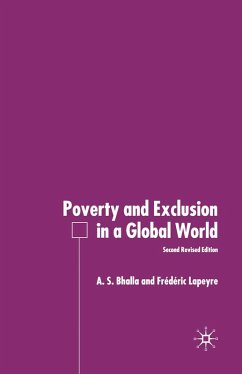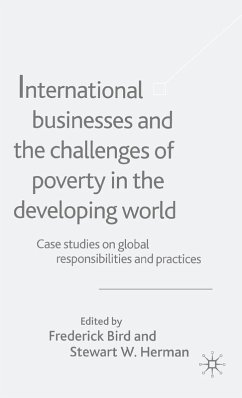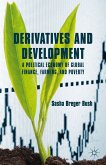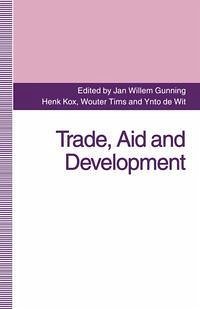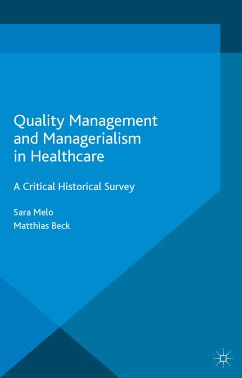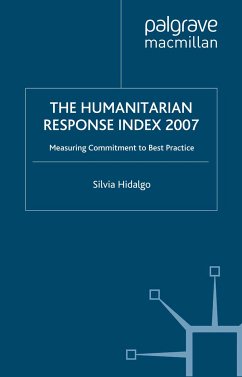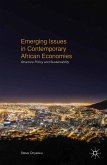Dieser Download kann aus rechtlichen Gründen nur mit Rechnungsadresse in A, B, BG, CY, CZ, D, DK, EW, E, FIN, F, GR, HR, H, IRL, I, LT, L, LR, M, NL, PL, P, R, S, SLO, SK ausgeliefert werden.
2. 'This is a rare book, and probably the first of its kind. Unique also is the analytical rigour on the lines of empirical evidence-based research, essential especially when the topics are considered sensitive. A case study of the socio-political scene in Kashmir is useful reading' Dr Abusaleh Shariff, Executive Director, US-India Policy Institute, Washington DC; formerly, Member-Secretary, Prime Minister's High-Level Committee on Muslims, Government of India, Hindu
3. 'Bhalla and Luo have presented a vast body of data. The book is worth reading'. Dr Ashok Desai, Consultant Editor, Business World, New Delhi; formerly Chief Economic Adviser, Government of India, Journal of Quantitative Economics
4. 'Path-breaking and highly scholarly work with rigorous analysis examining the incidence of poverty, extent of inequality and access to education, health and other public services among the Muslim minorities'. Dr Quazi Shahabuddin, former Director-General, Bangladesh Institute of Development Studies, Dhaka
5. 'Bhalla-Luo well-researched and cogently argued book on the position of minorities in China and India is a very notable contribution indeed. Discussions of the status of minorities in Asia or even in the world that fail to cite it should be regarded as incomplete'. Dr Barry Sautman, Hong Kong University of Science and Technology
6. 'This book is unique as being the first comparing poverty and exclusion of ethnic minorities in China and India and can be supposed to become widely cited'. Professor Björn A. Gustafsson, University of Gothenburg, Sweden and Institute for Labour Research (IZA), Bonn, Germany

